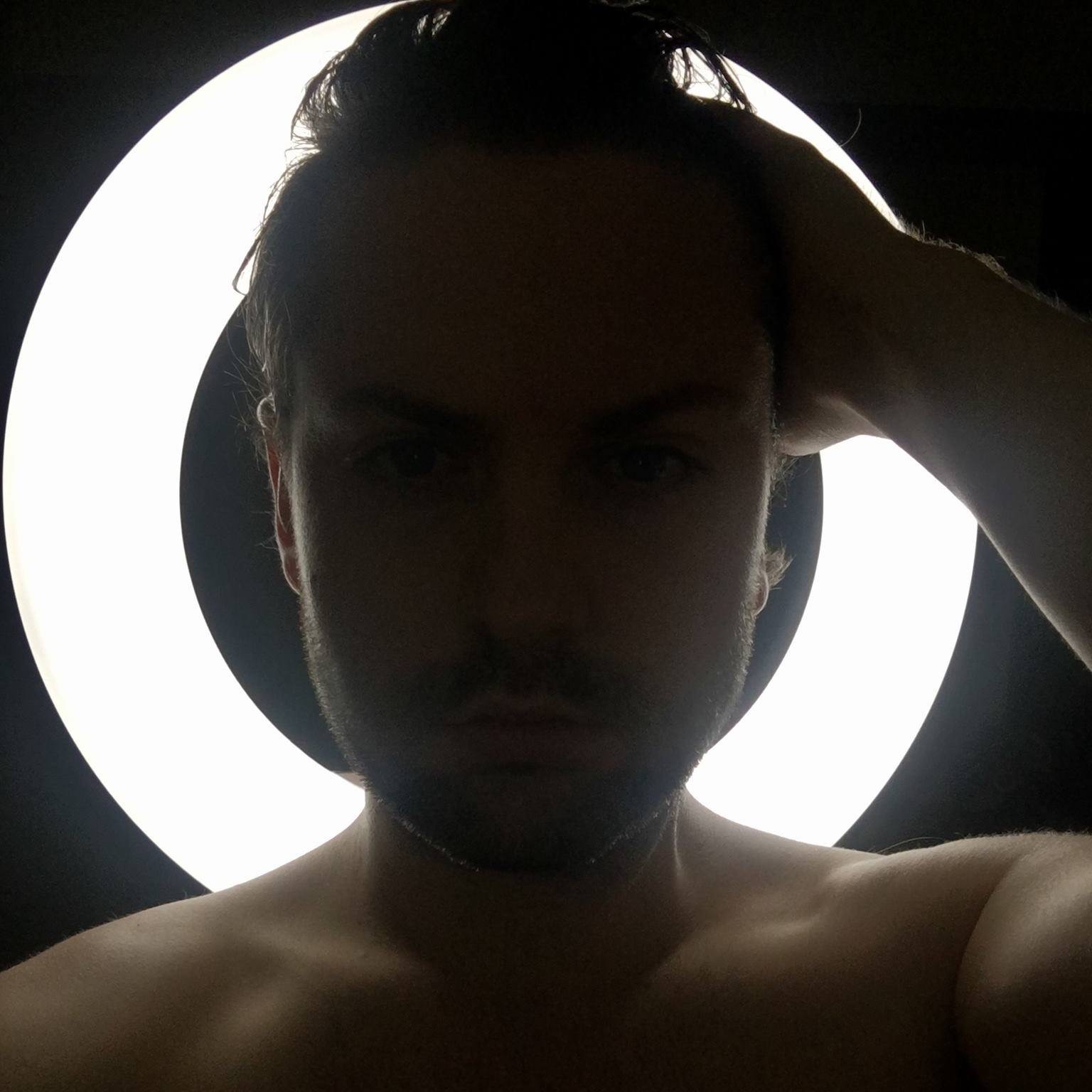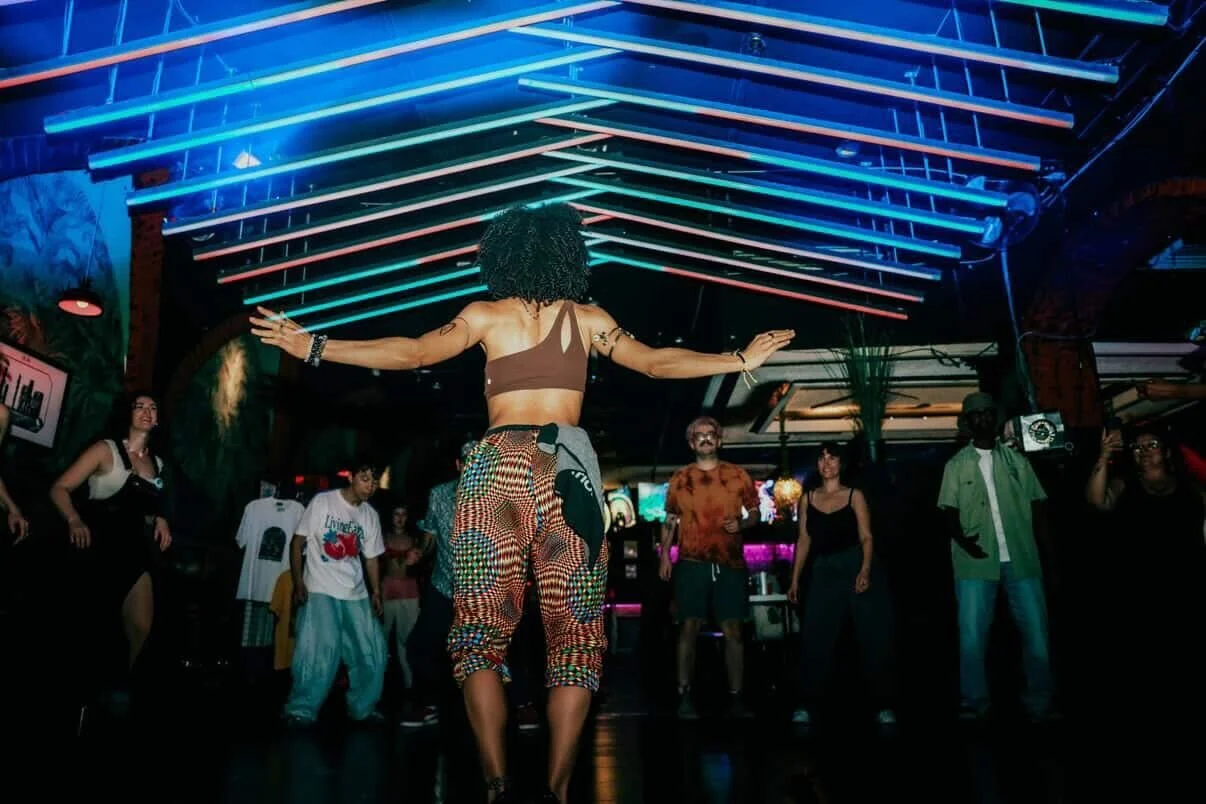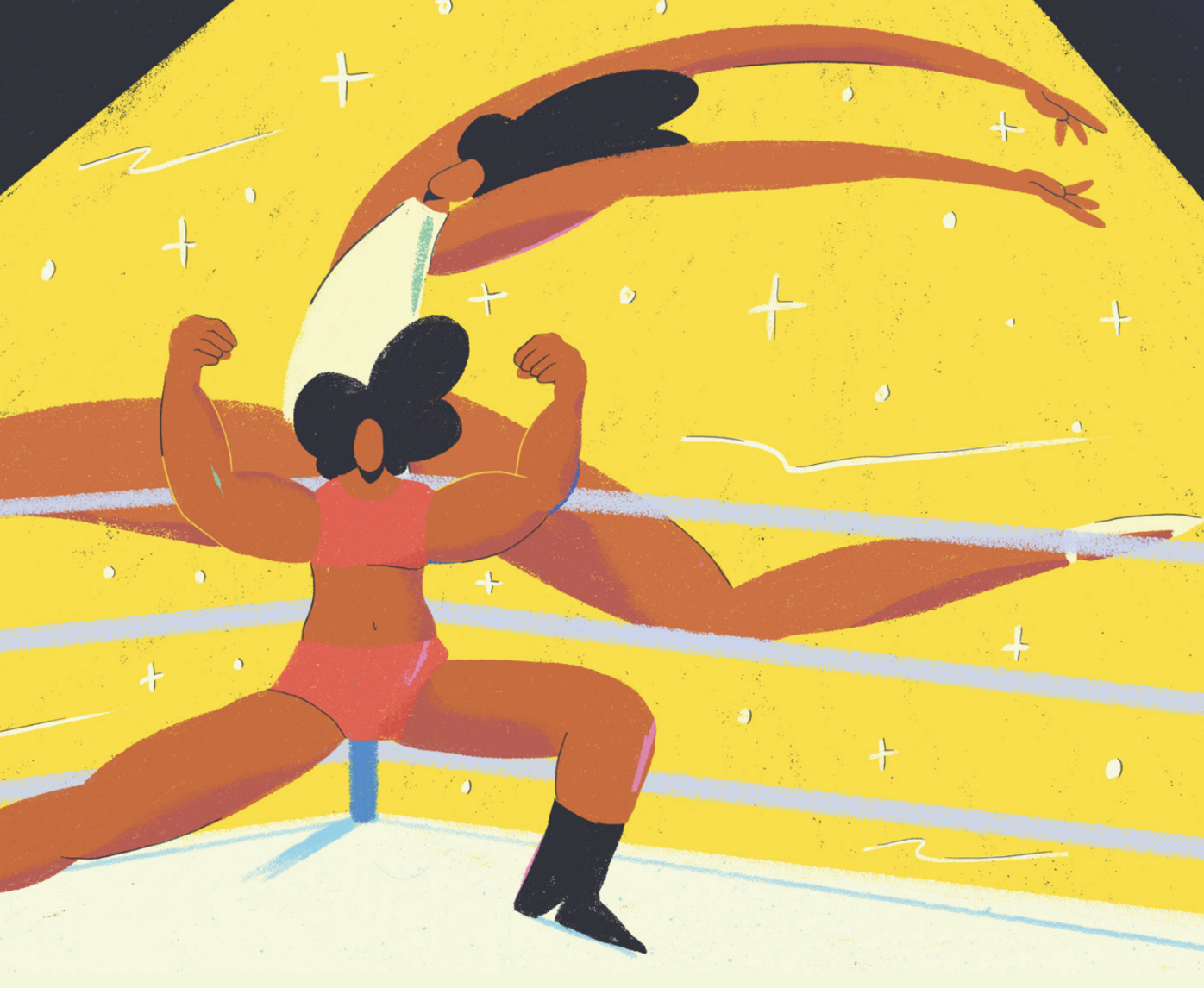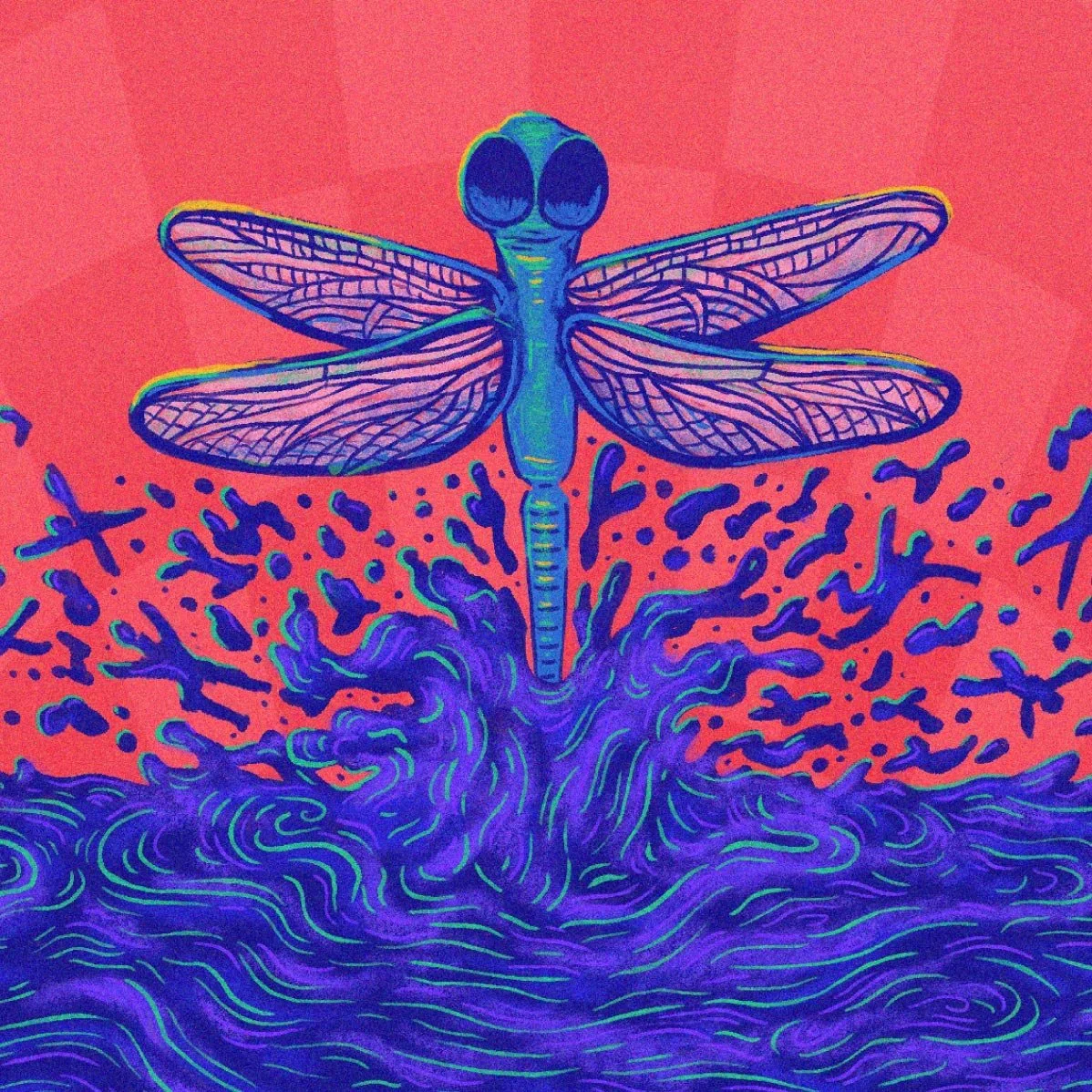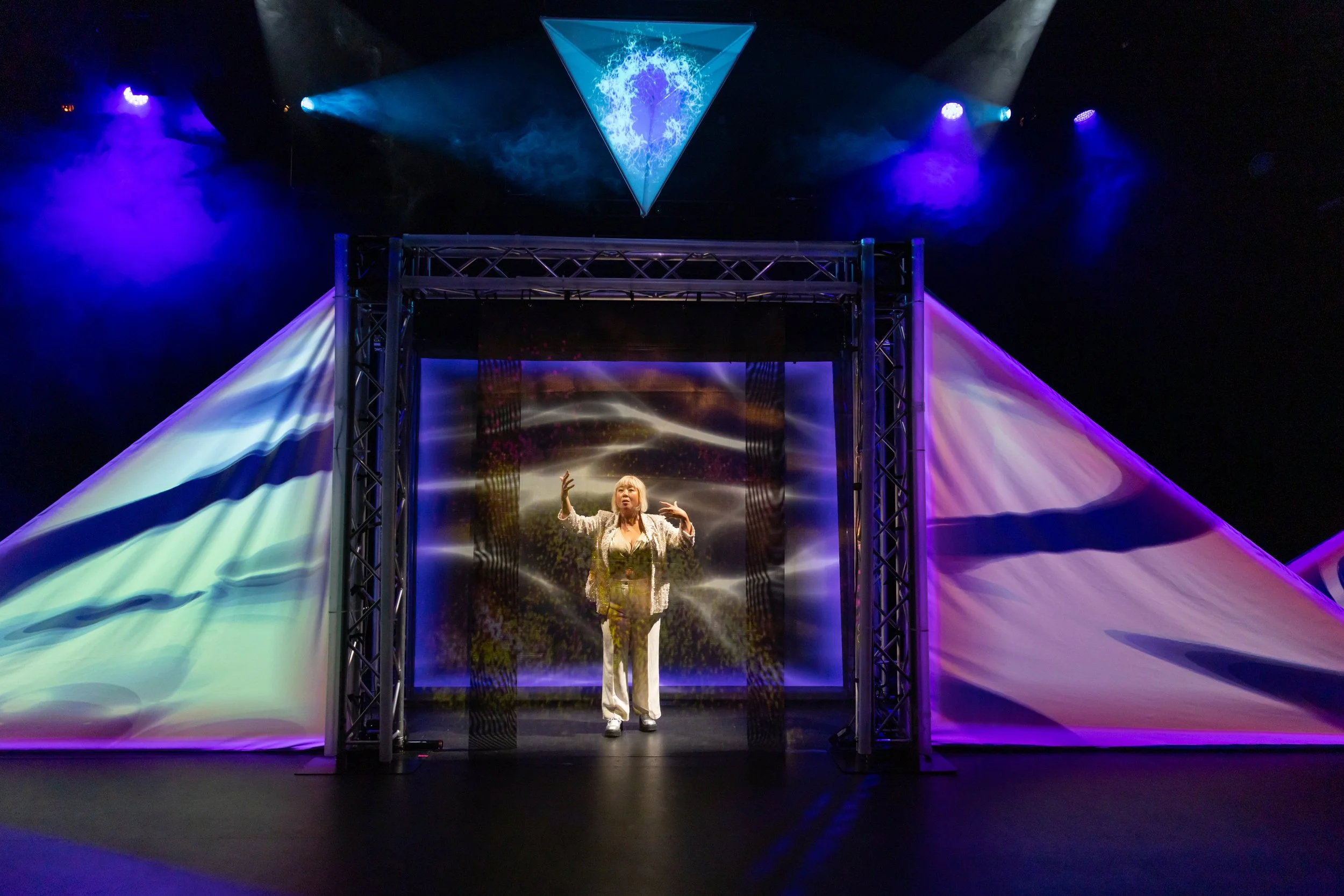QAF 2019: JESSE
/The Queer Arts Festival (QAF) is Vancouver’s artist-run festival of queer arts and culture, held every summer at the Roundhouse Community Arts & Recreation Centre. Now in its 11th year, the QAF is a multidisciplinary affair, presenting an art exhibition and performance series, as well as workshops, artist talks, panels, and screenings. This year’s festival, which coincides with the 50th anniversary of the Stonewall riots, is organized around the theme of rEvolution, and focuses on the transgressive and transformative potential of queer art.
SAD Mag spoke to Landon Krentz, one of the performers and creators behind Jesse: An ASL Opera, a bi-cultural and bilingual production developed by Krentz, Debi Wong, and re:Naissance Opera. On June 24th, audiences are invited to attend a workshop reading of the first excerpts of this exciting collaboration.
JESSE. Photo via QAF.
SAD: Let’s start at the beginning. What inspired JESSE – and what, in particular, drew you to the medium of opera?
LANDON KRENTZ: The operatic world has traditionally excluded the Deaf community from the experience, and I wanted to address this gap by ensuring that Deaf theatre has a domain in the arts in all artistic forms. What drew me to opera was the opportunity to challenge the social norms in artistic spaces by integrating my beautiful language into the practice. Opera is rich in culture and history that I believe is parallel with Deaf culture and history. Our language, ASL, is very much like music. It has a series of movements and rhythm that has a wide musical range. ASL has the ability to express music; I will be singing in signs by using movements and math. It's the perfect language to portray different emotional messages that are heard with the eyes.
SAD: What considerations did you make when creating this signed opera? How were you guided by the form and its conventions – and how did you seek to subvert or change it?
LK: We are in the beginning stages of creating this opera and we have encountered many challenges. One of them is that Deaf theatre in Canada has been in a precarious state for a long time so there is a lack of formal artistic training that manifests as a lack of confidence with regards to Deaf artists and their guiding the artistic process. After many trials, errors, and conversations, I realized that in this theatrical and operatic context, the American Sign Language libretto must be created before the music is composed in order for the practice be utilized in ways that maintain the high quality and integrity of the language. This is opposed to adapting the ASL to the music and thus diminishing Deaf culture as a whole.
The composer will compose in real time with me during the workshop while I sign the libretto. I will be embodying the role of a singer and challenging the convention of the "voice." In my recent interview with Ai Media, I've received a comment on Facebook that I have tender hands and an expressive voice. We really love this comment because it shows how we are already affecting the Deaf community by allowing new art forms.
SAD: You’re an individual who wears many hats, and one of them includes providing interpreters and ASL consultations to theatres. How has translating the works of others influenced your own practice?
LK: ASL Interpretation bookings is a service I took on to create a source of revenue for Deaf theatre, and in particular, the ASL Opera. I believe in providing services that are equitable, and that Deaf artists have the right to select interpreters. Hearing people do not understand the barriers that are mounted when interpreters are chosen without the participation of the Deaf community. It's important to me that we recognize that hearing-run interpreting agencies have designed a system that allows them to profit from ASL interpreters, our Deaf culture and ASL. As the only Deaf-run interpreting agency in West Canada, I rely on hearing and interpreter allies to support my artistic practice, because it is my only means for artistic survival.
I have a confession to make. For a number of years, I thought that having a Deaf consultant on creative teams was crucial. While it is important, I realize that the role of 'consultant' has very limited impact. I take full responsibility for my mistake and I have learned now that what is needed is Deaf-leadership. Hearing people cannot understand the demands of Deaf theatre, and that we need skilled Deaf professional artists to guide the artistic process in order to create intersectional practices that allow both Deaf and hearing artists to be seen and recognized for who they are. I am incredibly grateful for re:Naissance Opera and the team who allowed me to lead the project in order to serve marginalized, Deaf people who do not have the privilege of experiencing theatre. I ask theatre organizations to trust us, and let us Deaf artists lead the process for the best possible impact. This is the kind of work where we ask people to give up their position of power and allow space. It is not easy to do. However, the results for production are much more ideal.
SAD: The theme of this year’s QAF is “rEvolution” – how do you see JESSE fitting into this theme?
LK: The current Canadian theatrical landscape is slowly changing, but Deaf artists are fighting for artistic spaces to create new works. JESSE is about the decolonization of hearing culture in the Deaf experience and finding liberation. The piece is helping the theatre community to understand and change in favour of better practices.
SAD: What do you hope audiences will take away from JESSE?
LK: Deaf theatre is the best way to educate hearing people about Deaf culture. We hope that the audience will walk away with a new understanding of what is possible in theatre and to inspire them to consider hiring Deaf talents for their work. Deaf theatre for the Deaf is vital and necessary to improve the lives and safety of the Deaf community, as is the willingness and commitment from hearing artists to learn to adapt to their practice and become allies.
QAF 2019 runs from June 17 to 28. For more information and the purchase tickets, visit the Queer Arts Festival website.

